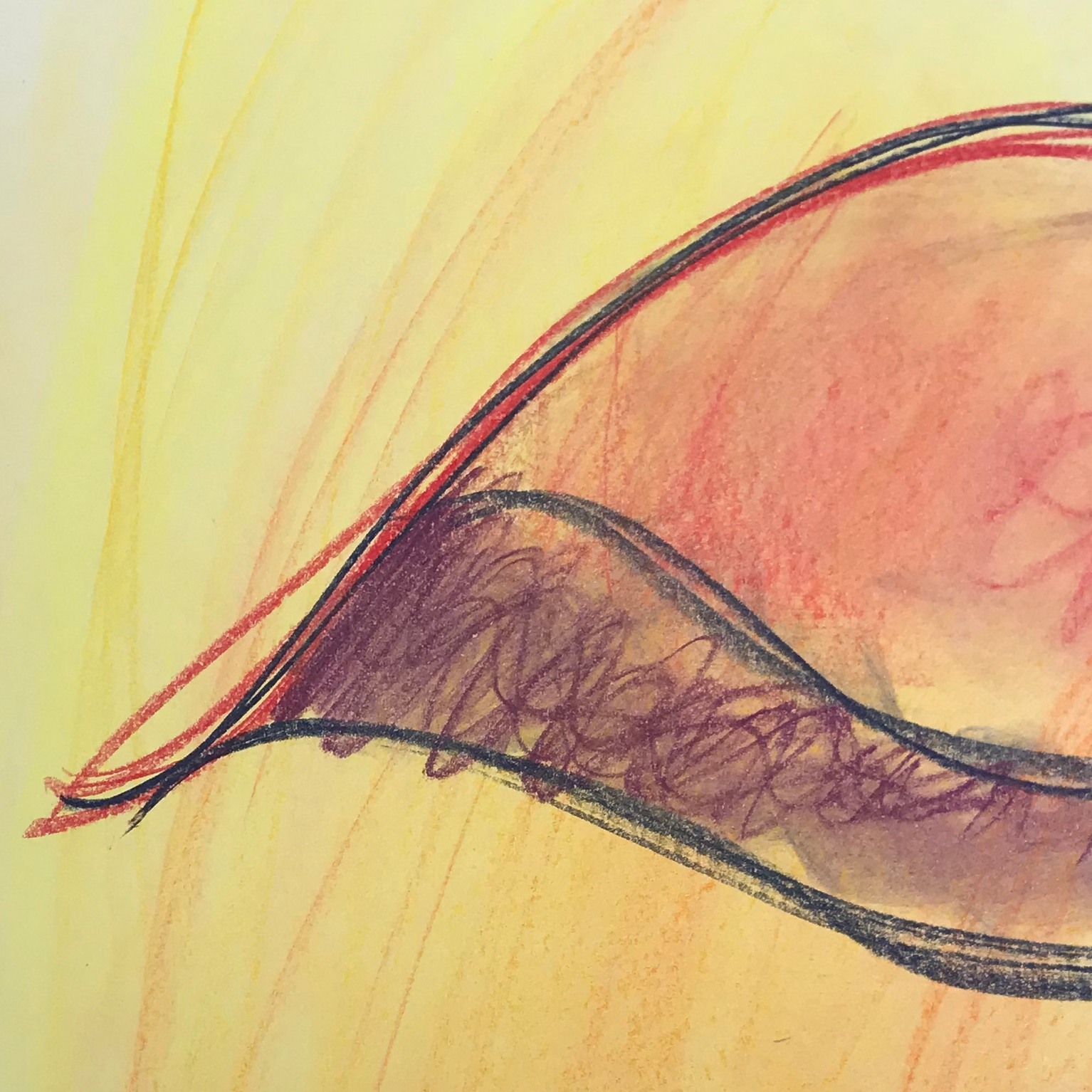Exceptional Norms

By thinking through Exceptional Norms, we investigate how technologies, particularly those related to embodied computing, literally encode normative assumptions and expectations in their artefacts. We conduct critical analysis of existing work which we augment with the development of artifacts in a manner of research through design to account for the vast varieties of human bodies.
Project Homepage: https://exceptional-norms.at
Team: Katta Spiel
Computing technologies in our environment moved from being large mainframe setups increasingly towards, on and even inside human bodies. Innovative technologies like wearables, on-body tattoos or somaesthetic mats engage bodies in interaction. However, a thorough and critical investigation into the conceptualisation of human bodies in interaction with these technologies albeit highly relevant for the research community, is missing so far. With this FWF supported Hertha-Firnberg project hosted by the Human-Computer Interaction Group at TU Wien, we critically analyse how bodies are constructed within Human-Computer Interaction (HCI) and Interaction Design, conduct participatory design with people whose bodies are marginalised by technologies and create two robust research products materialising alternatives to the status quo. Our work details the epistemological and designerly consequences as well as potential counter strategies to dominant normative assumptions.
Versteckte Technologien? Exploring the Hidden Technologigcal Labour of Service Workers

Digitalisation has transformed work, jobs, and working environments. Research has paid a lot of attention to topics such as “industry 4.0”, gig economy and digital employment. However, it is often overlooked how digitalisation has also affected the (often female-dominated) occupations of the service sector. Which (hidden) technological labour do retail employees or mobile care workers perform on a daily basis?
This research question is addressed by an interdisciplinary team of researchers that brings together feminist perspectives from social, spatial and technological sciences. The aim is to place explicit focus on the rarely visible technologies and digital competencies that service workers already employ in their service provision. By bringing their often hidden efforts to the frontstage, we seek to contribute to political debates on revaluating these often underrated and underpaid occupations.